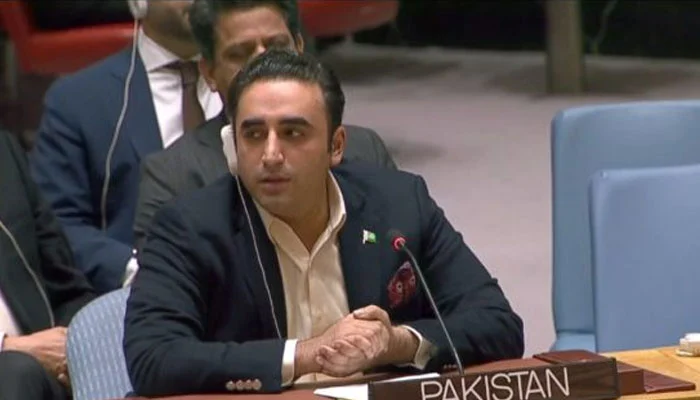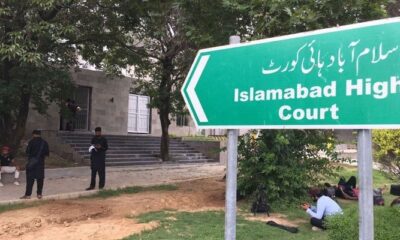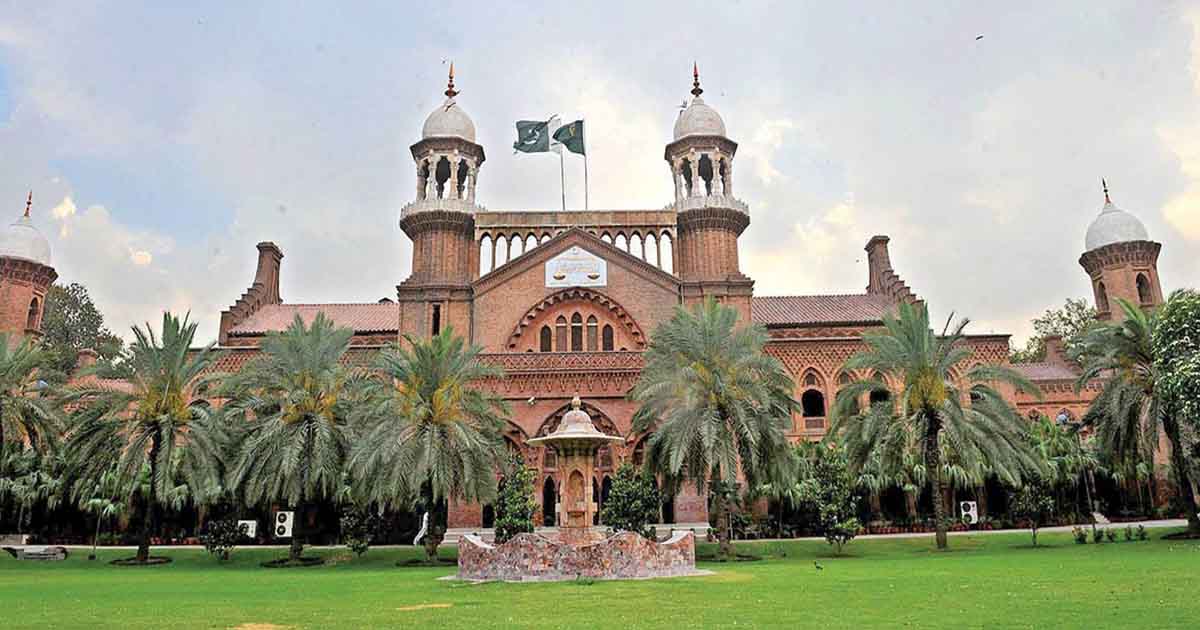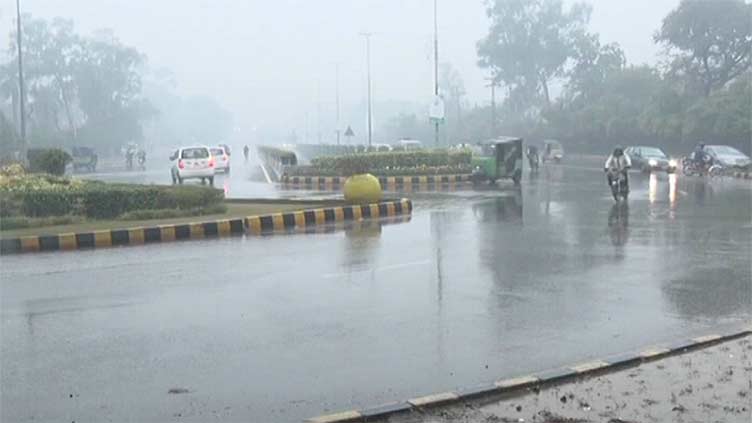- Bilawal stresses on UNSC to implement resolutions on Kashmir dispute.
- Says Kashmir issue so far remained unaddressed on UNSC agenda.
- Says Kashmir is multinational agenda of UNSC.
NEW YORK: Foreign Minister Bilawal Bhutto-Zardari stressed upon the United Nations Security Council to implement its resolutions over the Kashmir issue and deliver upon its commitment to peace in the region and “prove that multilateralism can succeed”.
Speaking on “Reformed Multilateralism” in the Security Council, the foreign minister said that there was an agenda item left unaddressed by the UNSC — the issue of Kashmir.
“We believe it a multinational agenda — an agenda of this UNSC — and if you want to see the success of the multilateral institution or multilateralism and the success of this very Council, surely you can aid in this process; allow the implementation of the resolutions of the UNSC, when it comes to the question of Kashmir, prove the multilateralism can succeed, prove that the UNSC can succeed and deliver peace in the region,” he added.
He said that Pakistan believed that further democratisation of UN, UNSC and General Assembly would empower this institution and provide it with the moral authority to act. “It would serve the institution to further democratize and to allow the sovereign quality of all and not the superiority of some.”
“It does not serve the purposes of the UN to add more members to its elitist club and to expand the tyrannical power of veto,” he said.
The foreign minister said the Security Council has primary responsibility for the maintenance of international peace and security.
Multilateral solutions, under the umbrella of the Security Council, offer the most effective approach to promoting peace and resolving conflicts, he added.
“Parties to a dispute cannot advocate multilateral processes one day and insist on “bilateral” avenues the day after. Pakistan firmly believes that the major security problems, including those in our region, can be effectively and peacefully resolved through the active involvement of the Security Council and the secretary-general,” he added.
Pakistan’s foreign minister further said that “multilateralism” must be based on universal and consistent adherence to the fundamental principles of the UN Charter — self-determination of peoples, non-use or threat of force, non-acquisition of territory by the use of force, respect for the sovereignty and territorial integrity of States and non-interference in their internal affairs.
Strict adherence to the charter’s principles has become all the more essential in the context of recent and ongoing conflicts.
The council must seek to resolve conflicts and disputes, not merely “manage” them, he said. It should address the underlying causes of conflict, such as foreign occupation and suppression of the recognised right of peoples of self-determination, he said.
And, in accordance with their obligation under Article 25 of the charter, the member states must implement the decisions of the Security Council, he noted.
The Security Council, the foreign minister said, must act, not only after a conflict has erupted. It must act pre-emptively to prevent and avert conflicts before they occur.
The Security Council should, he said, no doubt, reflect “contemporary global realities”.
The most significant change in global realities is the emergence of a UN membership now composed by 193 mostly small and medium-sized states, Bilawal added.
The foreign minister underlined that they needed to be equitably represented through the expansion of the Security Council.
Adding new “permanent members” would numerically reduce the opportunities for the vast majority of UN member states to be represented on the Security Council, he said, adding, “We must adhere to the principle of sovereign equality of all-not the superiority of some.”
In the past, the Security Council has been unable to act due to differences among its permanent members and adding new permanent members would multiply the possibility of paralysis in the Security Council, the foreign minister pointed out.
“The problem cannot be the solution. And, surely, states that have a record of not implementing the resolutions of the Security Council cannot be considered as worthy of consideration for any form of Council membership,” he added.
He said that multilateralism offers many benefits. The benefits of multilateralism were very evident, he said.
Foreign Minister Bilawal further said that in this complex world, confronted by multiple threats and challenges, inclusive multilateral processes, within the framework of the United Nations, offered the most promising prospect for promoting peace and security, economic and social development and effective responses to the several interlocking global challenges.
He said that it was therefore vital to empower and efficiently utilize all the main organs of the United Nations: the General Assembly, the Security Council, the Economic and Social Council, the Human Rights Council, the International Court of Justice and the Secretary-General and Secretariat of the United Nations.
“We must also induct equality and democracy in the structures of global financial and economic governance, especially the Bretton Woods institutions. The UN General Assembly — the most universal global forum — must play the central role in reinforcing multilateralism and enhancing equity and justice in international relations,” he stressed.
The world’s attention should also be redirected away from narrow, national ambitions, Bilawal said. Instead, the world should address collectively and multilaterally, first and foremost, the existential threats that they face as a race — whether it be the Covid-19 pandemic, climate change, the nuclear threat, or terrorism, he asserted.
“The increasing propensity for narrow-minded populism, authoritarianism, we must confront the rise of the ideologies of hate, xenophobia, populist extremism and racial and religious intolerance, including Islamophobia, which imposes discrimination and violence, and even threats of genocide, against vulnerable minorities in certain countries,” he observed.
The foreign minister said that their endeavours to promote world order, peace and stability would come to nought unless they could realise the charter’s second objective: universal socio-economic development.
As a result of the COVID-19 pandemic, raging conflicts and the more frequent and ferocious impacts of climate change, nearly a hundred developing countries were in extreme economic distress, he added.
The foreign minister said that in their capacity as G77 Chair to continue to pursue an extensive agenda of multilateralism.
They witnessed a victory for the developing world during Pakistan’s chairmanship of the Group of 77 and China’s presidency of COP27 in Egypt, he said. “We saw a victory for the climate justice with the addition of loss and damage funding facility,” he added.


 Latest News1 day ago
Latest News1 day ago
 Latest News12 hours ago
Latest News12 hours ago
 Latest News1 day ago
Latest News1 day ago
 Latest News1 day ago
Latest News1 day ago
 Latest News1 day ago
Latest News1 day ago
 Latest News1 day ago
Latest News1 day ago
 Latest News1 day ago
Latest News1 day ago
 Business1 day ago
Business1 day ago












